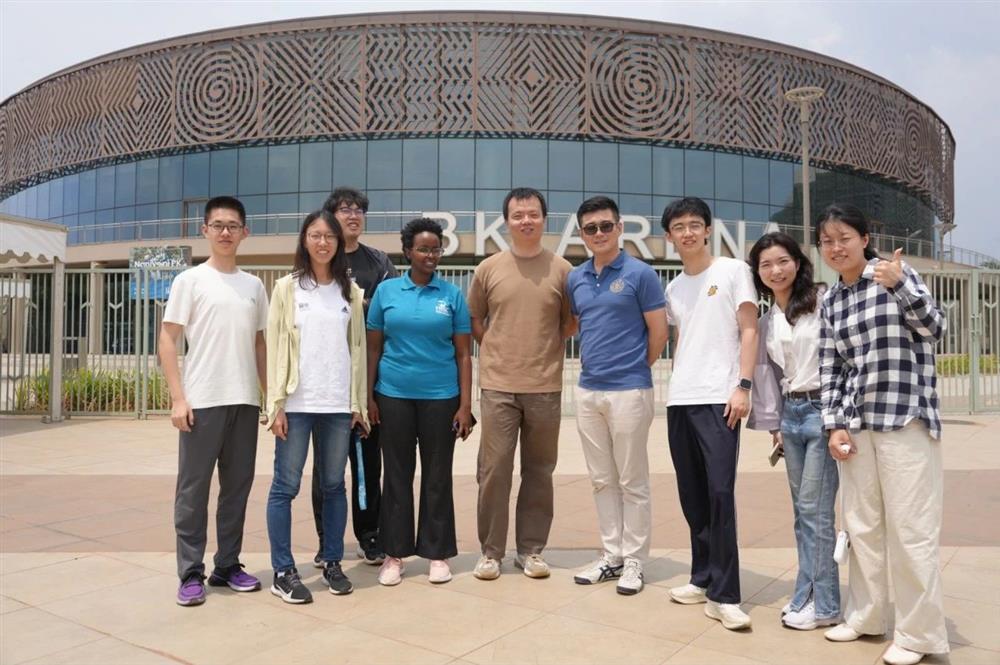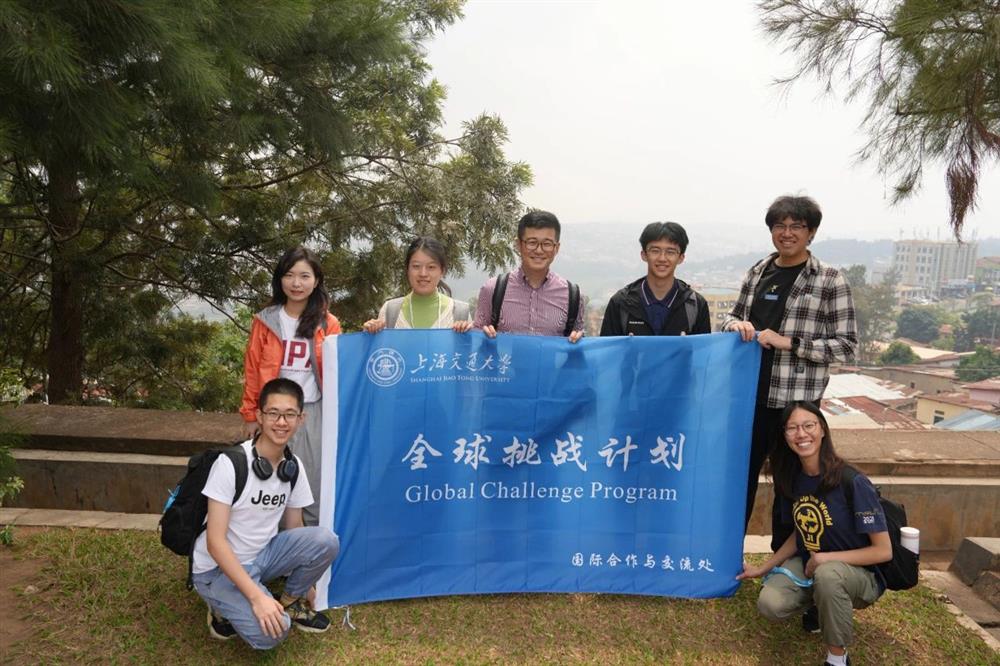SJTU Global Challenge Program: Bridging Data Governance from Shanghai to Rwanda
2024/8/27 15:33:40
From August 12 to 16, 2024, a team of faculty and students from Shanghai Jiao Tong University (SJTU) embarked on a journey from Shanghai to Rwanda as part of the university's Global Challenge Program. The initiative, titled "From Shanghai to Rwanda," aimed to address common challenges faced by human societies in terms of economic development through data governance.

The SJTU team participated in the "Gender Data Lab" workshop held in Bugesera, Rwanda, demonstrating the university's global competence and international influence. The workshop was not only a testament to the physical distance covered but also to the tailored approach required to impart data governance techniques in a different cultural context.
Led by Assistant Professor FU Shu from the School of International and Public Affairs, six students joined as international youth volunteers and workshop teaching assistant. They engaged with local participants, teaching them the fundamentals of data visualization. SJTU students played a significant role in group discussions, contributing new perspectives and solutions to data governance in Rwanda, making it a cultural exchange and intellectual collision.
On the final day of the workshop, participants were divided into three groups to apply their newly acquired skills. They coded and created various informative and visually appealing charts and maps. Each group presented their data visualization projects, marking the successful conclusion of the workshop.

The workshop not only enhanced the participants' data visualization skills but also sparked anticipation for future data governance tasks. Donath Nkundimana from the National Institute of Statistics of Rwanda (NISR) highlighted the importance of the workshop, stating that the knowledge gained in data visualization and collection would be crucial in their work.
Two SJTU students, Li Jingjing and Jiang Junyao, also contributed to the workshop by giving presentations on chart aesthetics and map drawing techniques, respectively. They discussed information selection, layout adjustments, and the use of R language tools for creating heat maps and other geographical data visualizations.
Beyond the workshop, the team engaged in community visits and data collection, gaining insights into the local lifestyle and digital development. They learned about the data collection process for population and household statistics and visited the NISR to understand the role of the Gender Data Lab and the economic data management process.
Cultural immersion was also part of the experience, with the team exploring Rwanda's coffee industry and paying respects at the Kigali Genocide Memorial, reflecting on the country's history.

The collaboration with the OECD-PARIS21 (Organisation for Economic Co-operation and Development - Partnership in Statistics for Development in the 21st Century) was praised by Tian Yu, the project's leader. He emphasized the potential of global southern countries in data science and the importance of international cooperation in knowledge sharing and technology exchange. The success of the workshop was evident in the participants' ability to transform complex data into compelling visual information.

Looking forward, the partnership aims to expand the scope and depth of cooperation, conduct more training sessions, and invite international experts to join the project. The goal is to replicate the success of the Rwanda workshop in other countries, fostering a global enhancement of data governance capabilities.

